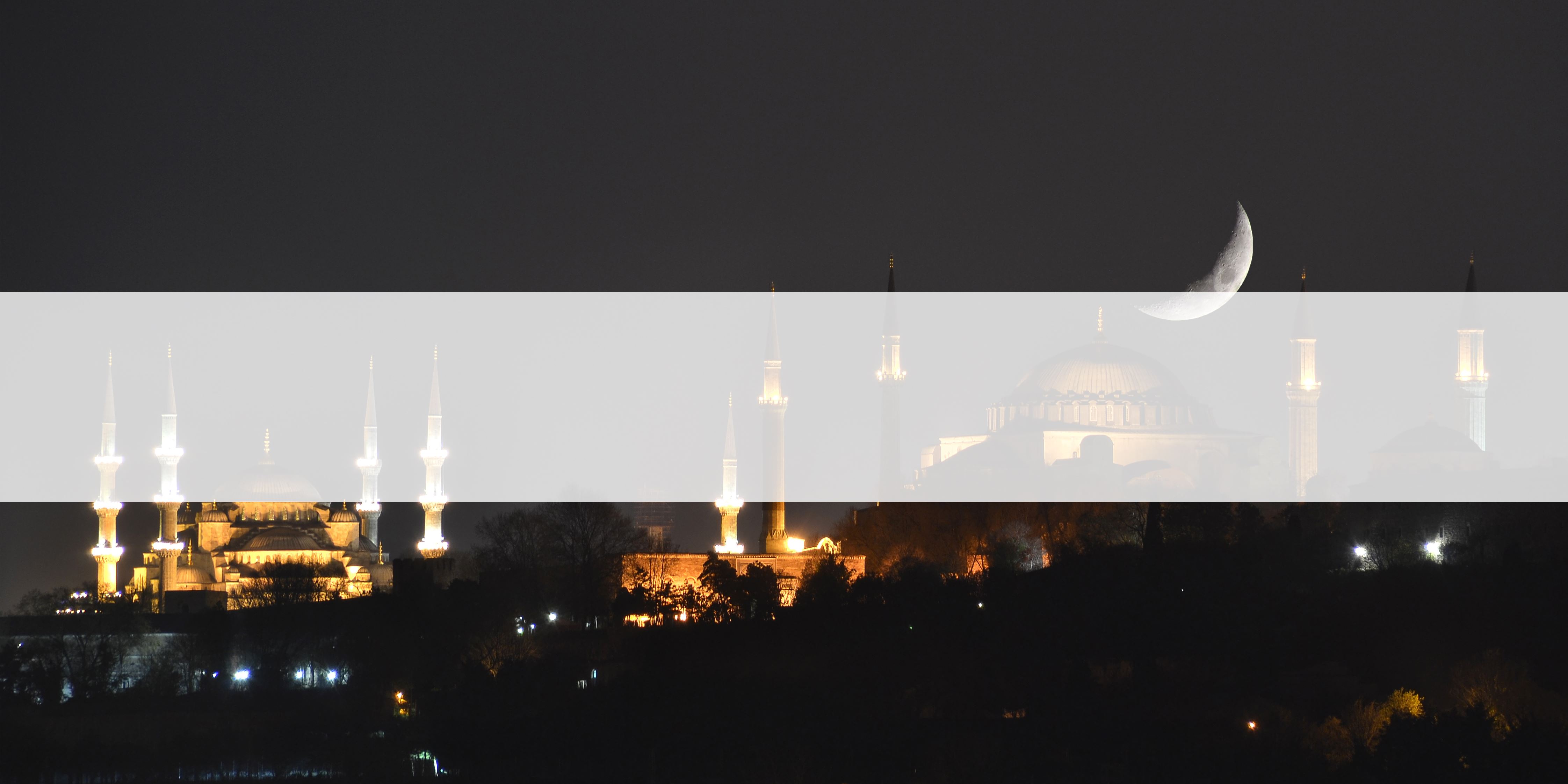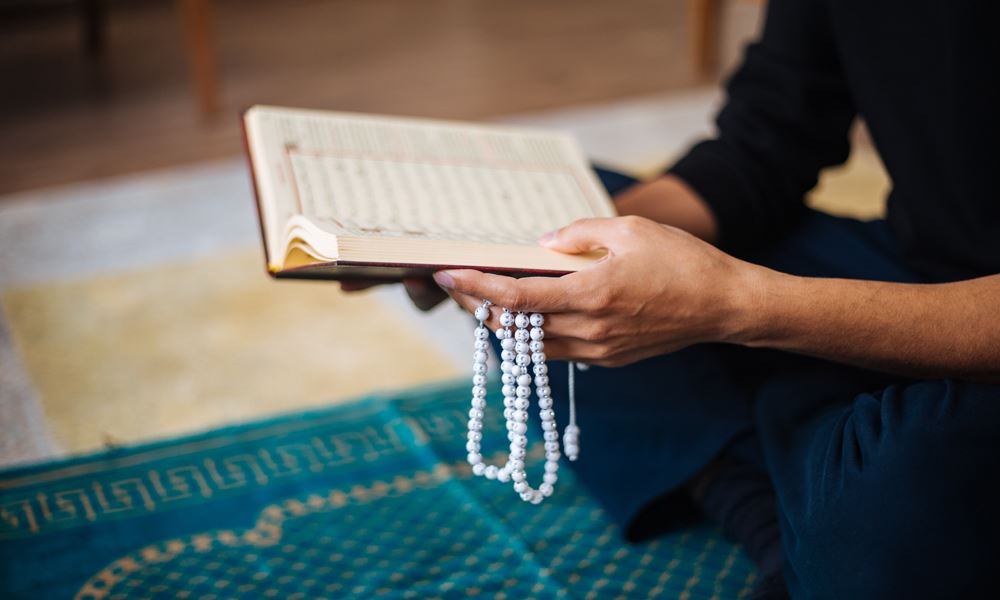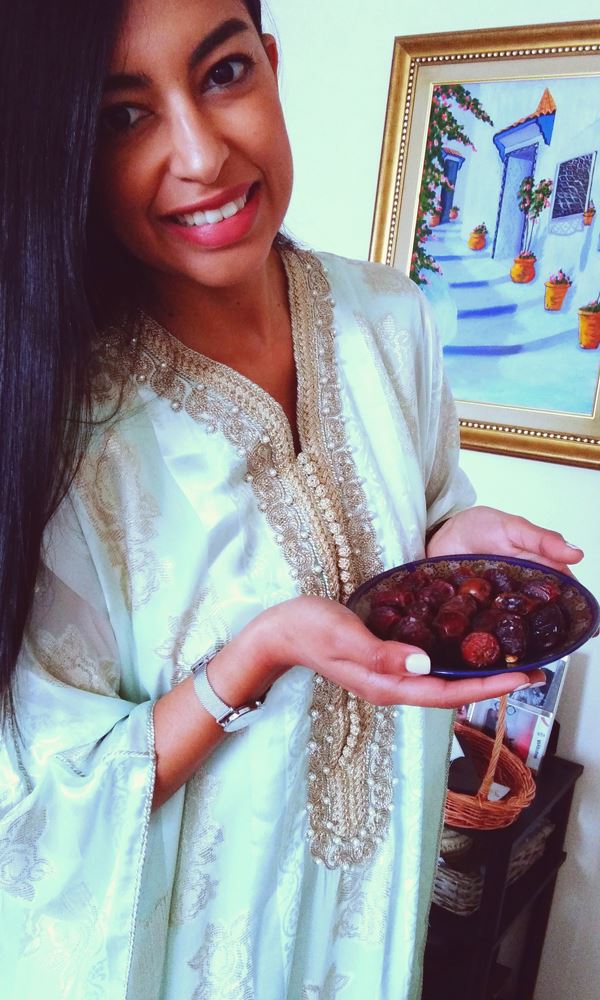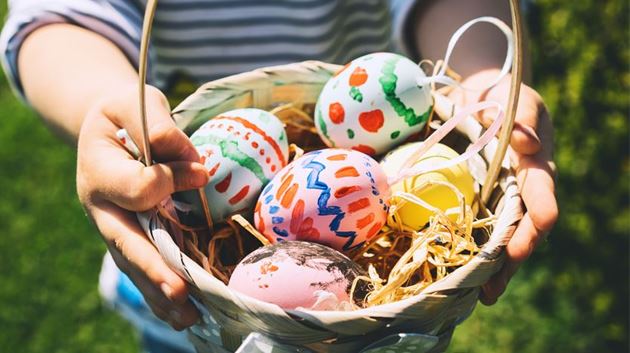
Ramadan – a sacred month of spiritual rejuvenation
#CelebratingDiversity
We are driven by our people – spanning more than 100 different countries, they make up the company culture we live each day. Diverse thinking, broad cultural diversity and a gender-balanced workforce make us more innovative and creative. To celebrate our diversity, we highlight special cultural occasions our colleagues observe around the world: Ramadan, the most sacred month in Islamic culture, starts today.
This year, the month-long observance starts today, April 12, and lasts until Tuesday, May 11. Like last year, Ramadan will be celebrated differently due to the global pandemic. Many people will not be able to visit friends and family as is tradition or perform their prayers at their local mosque.
The naming of Ramadan stems from the Arabic root “ar-ramad”, which means scorching heat. Muslims believe that in A.D. 610, the angel Gabriel appeared to Prophet Muhammad and revealed to him the Qur’an, the Islamic holy book. That revelation, “Laylat Al Qadar” – or the “Night of Power” – is believed to have occurred during Ramadan. It is also believed to have fallen on one of the odd nights of the last ten days of Ramadan but is most widely observed on the 27th night of Ramadan. It is also believed that this was the night when the Qu’ran was first revealed.
Hence, Muslims commemorate the revelation of the Qur’an during Ramadan. It is a month of intense spiritual rejuvenation with a heightened focus on devotion. Muslims spend extra time reading the Qur’an and perform special prayers. On a normal day during Ramadan, mosques are open all night as Muslims hold vigils in prayer, Qur’anic recitation and contemplation. Families usually get together for a special dinner and celebration.

Ramadan is also a time for Muslims to be especially charitable and fasting helps Muslims feel compassion for the hungry and less fortunate. Many mosques hold food drives or fundraisers for charity during this holy month.
The end of the Ramadan fast is celebrated as Eid al-Fitr, the “Feast of Fast-Breaking,” which is one of the two major religious holidays of the Muslim calendar.
We spoke with Rajaa Hatim, Communications Manager MEA, based in Morocco, to find out more about what a day during Ramadan looks like for her:
“Usually, my family and I rise around 4:00 a.m. before the first of dawn and eat a breakfast-like meal called Suhur. We would hear drum sounds or bells ring before dawn to remind us that it is time for Suhur. After the meal, we perform the morning prayer, and depending on the circumstances, go back to bed or head to work. Often, I take a nap in the late afternoon after work before I join my mother in the kitchen to start the preparations for the “breaking the fast” meal.
At sunset, my family and I gather around to break the fast usually with a few dates and water, and other light foods such as soup, appetizers or fruit. This is referred to as Iftar. We usually prepare a separate plate for whoever is passing by and in need of warm food to break the fast. After performing the sunset prayers, we eat dinner while watching special Ramadan dedicated TV shows and take advantage of the reunion to discuss our day.
Before the pandemic, we would invite extended family or friends to break the fast or go to someone else’s house for Iftar as it is tradition during Ramadan. My father then goes to the mosque for the night prayer and a special Ramadan prayer called Taraweeh, while my mother and I enjoy a walk or else video calls with my sister and brother who live abroad. Once my father returns home, usually around 10:30 p.m., we eat dinner together and enjoy a tea afterwards on the terrace with some Moroccan sweets.

Ramadan Mubarak! Happy Ramadan!



